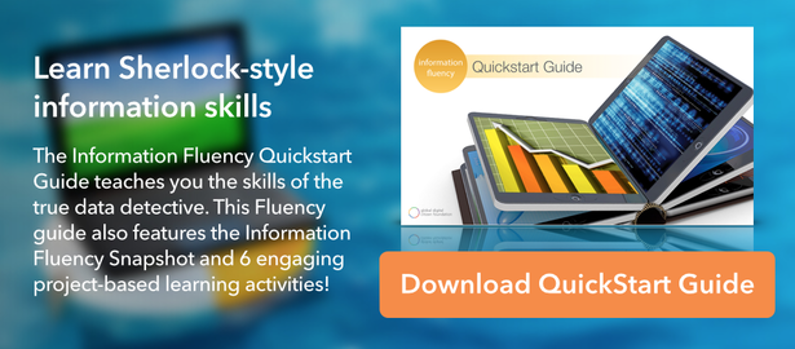The 7 Commandments of Effective Studying [Infographic]
Why is it important for students to learn effective studying practices? Besides the obvious reasons of doing better on exams, there are purposes that are higher in practicality. For instance, part of the art of effective studying means mastering Information Fluency. Some of its concepts are part of the great infographic featured below from ELearning Infographics.
Information Fluency in Effective Studying
Information Fluency stresses treating information with respect and diligence, as does our infographic here. The information we find in our Web quests for both studying and learning is merely a drop in an ever-expanding ocean of data. Facts get diluted, changed, and reversed in such an uncontrolled environment as the Internet. Information Fluency teaches us to approach information logically and analytically to avoid falling prey to this.
Let's explore a few of these effective studying commandments featured below. For example, the 2nd Commandment indicates that our knowledge isn't loose facts, but rather a structured system of learning. This is an important consideration when piecing together related data for research and studying purposes. Information Fluency teaches us to recognize how bits of information are related to each other. This helps us distinguish good from bad, right from wrong, and the useful from the spurious (informationally speaking).
The 6th Commandment here covers ratings, which is also interesting. In studying Information Fluency, one of the points made is that we'll often grab the first of the results that appear on a Web search. This has nothing to do with whether or not it's the best most reliable source for information. Often it isn't, but it's the most convenient.
Commandment 7 goes on to say that effective studying takes patience and time. This can be seen as encouragement to not simply grab the first and most accessible results, as mentioned earlier. The idea is to weed through different sources. We look for patterns, threads, and inconsistencies to document in our studying and research tactics. It does indeed take time, but it makes a difference in how much usable information you collect.
That's all for now; the rest is up to your students. Go forth into the sea of information, and use your Fluency skills wisely.


